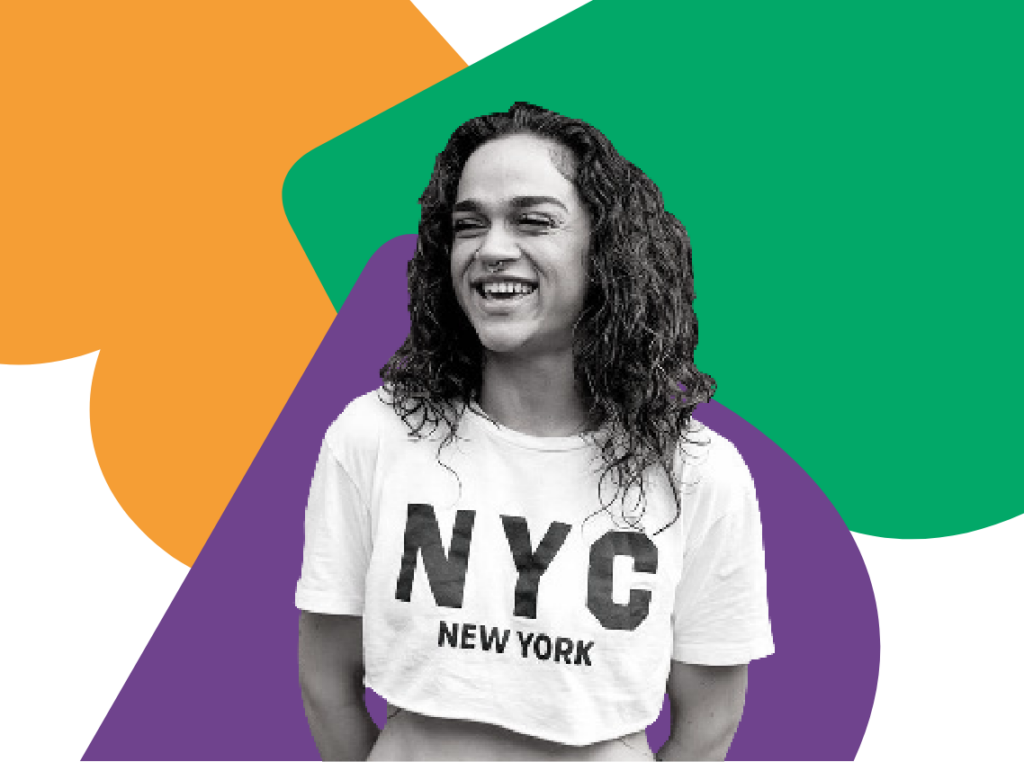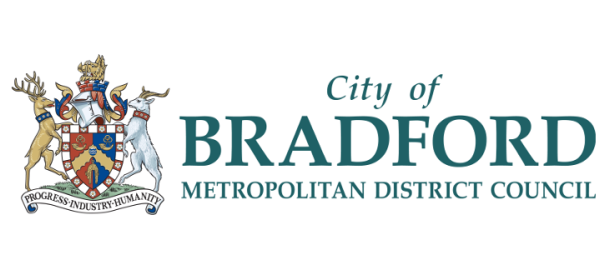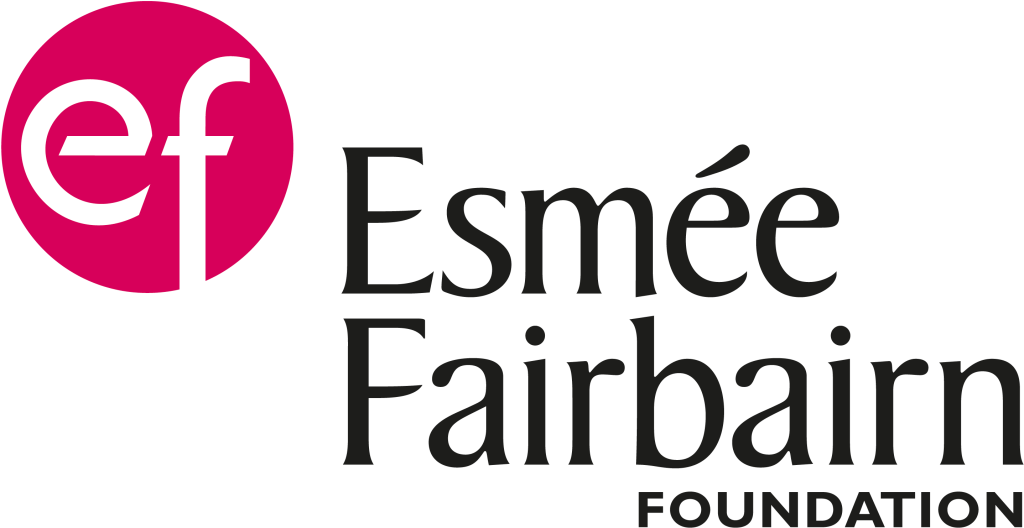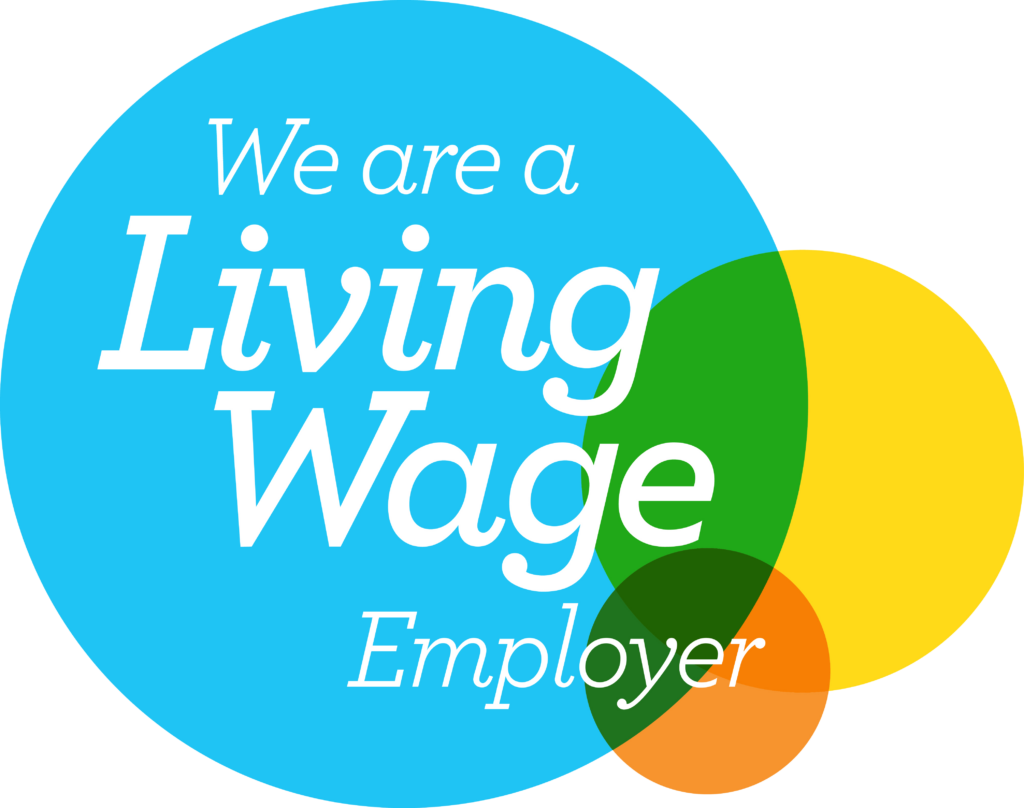Arts organisations and artists can address gaps and weaknesses in Bradford’s creative economy by developing programs and initiatives that support the growth and development of the arts and culture sector. For example, an arts organisation might develop incubator programs for emerging artists or small arts businesses, which can provide access to mentorship, training, and resources to support the growth of these organisations.
Additionally, arts organisations can work with local stakeholders and decision-makers to develop policies and initiatives that support the arts and culture sector, such as tax incentives for arts organisations or public funding for arts education programmes.
In Bradford, the evidence base shows that there are particular skills gaps around digital production and a lack of a clear and distinct identity for cultural production in the district. Arts organisations and artists can play a vital role in developing programmes which help address gaps in digital production, for example, through focusing on creating a hub for entrepreneurs and young people to share ideas and exchange knowledge in this area.
Providing networking and collaboration opportunities
Arts organisations can create platforms and opportunities for creative businesses, organisations, and individuals to connect, network and collaborate. This can help to foster a sense of community and support within the creative sector.
Offering business support and training
Arts organisations can provide training and support services to help creative businesses and entrepreneurs to develop their skills and knowledge, and to grow and sustain their businesses.
Providing access to funding and financing
Arts organisations can help creative businesses and individuals to access funding and financing opportunities, such as grants, loans and investment, to support the development and growth of their creative ventures.
Promoting and showcasing creative work
Arts organisations can help to promote and showcase the work of creative businesses, organisations and individuals, both locally and internationally. This can help to increase the visibility and recognition of the creative sector.
Researching – particularly using artist-led action research approaches
How local diverse heritage stories can contribute to widening the range of areas and events which can be promoted to visitors to the district. Particularly stories about the diverse heritage of the district beyond the areas typically included in the ‘heritage journeys’ eg the City Centre, Saltaire and Haworth.
The arts can help with other more systemic changes and behaviour changes in society which could help the creative economy.
Critically, arts organisations can work as intermediaries within communities to help develop cultural and social capital that is so vital to having the confidence and capacity to work in the creative industries and thus be part of challenging the systemic lack of diversity that plagues the cultural and
creative industries.
More data is required on diverse experiences and routes into cultural and creative work and careers, and also on barriers to those routes.
Arts organisations can play an important role in supporting the creative industries by providing a range of services and opportunities for creative businesses, organisations, and individuals. Here are some ways that arts organisations can support the creative industries:









